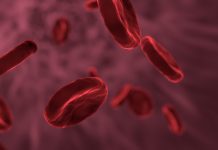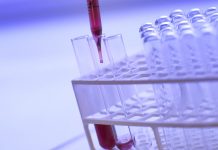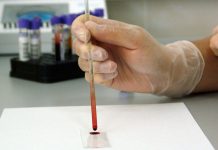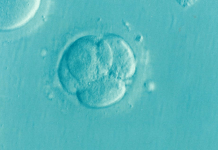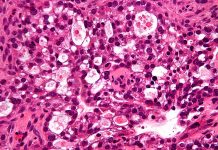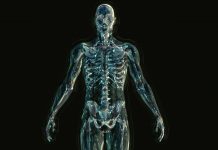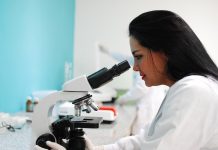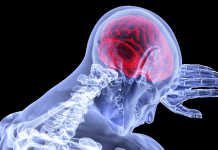Research & Innovation Related News
Does the male contraceptive pill show promise?
Researchers have said that a new male contraceptive pill is showing positive signs when being used daily for a month, with hormone responses consistent...
How does Alzheimer’s disease affect blood vessels?
New research from the University of Barcelona, Spain, has found that mice suffering from Alzheimer’s also have malfunctions in small blood vessels.
The study also...
Questionable obesity paradox challenged in new study
The idea that it might be possible to be overweight or obese but not at increased risk of heart disease, also known as the...
IMI launches €82m call for proposals on immune-mediated diseases
The Innovative Medicines Initiative (IMI) is today launching a new €82m call for proposals which focus on immune-mediated diseases, imaging and digital clinical trials.
Better...
UK Dementia Research Institute at UCL receiving £40m boost in funding
The UK Dementia Research Institute (UK DRI), headquartered at University College London, is set to receive £40m (~€45m) of UK government funding to help...
First oral vaccine has been created
Researchers from Cardiff University, UK, have created the world’s first synthetic, non-biologic oral vaccine, which is set to revolutionise the delivery of care to...
22 new genetic risk factors for stroke have been identified
Researchers in Munich, Germany, have identified 22 new genetic risk factors for stroke, helping to create a new understanding of the underlying causes.
Stroke is...
Nightingale to analyse 40,000 blood samples to enhance Finnish healthcare
Nightingale Health is set to analyse 40,000 blood samples from the largest biobank in Finland, THL Biobank, to help bring personalised medicine to Finnish...
Fertility Tracker maximises fertility options
A leading healthcare and technology company has developed a new fertility tracker that will help couples struggling to reproduce identify the optimum time for...
New AI service to aid treatment of gestational diabetes
CleverHealth Network is launching its first development project in Finland, which takes the form of a digital service model based on artificial intelligence to...
Regular exercise throughout life slows down body’s ageing process
New research from the University of Birmingham and King’s College London, UK, has found that a lifetime of regular exercise slows the down the...
Brain alterations and cognitive impairment linked to air pollution
A new study in the Netherlands has discovered a link between residential air pollution exposure among school-age children and brain abnormalities and cognitive impairment.
The...
Defying the odds – my journey to becoming a Highly Cited Researcher
Professor Eun-Jung Park chronicles her path from a ‘young child from a poor family in South Korea’ to a celebrated scientist and Highly Cited...
Leukaemia anti-cancer drug may work against rare ovarian cancer
A study has found that an anti-cancer drug, ponatinib, which is used to fight leukaemia, has shown promise in tackling a rare and aggressive...
A promising new therapeutic approach to spinal cord injuries
Researchers at Karolinska Institutet, Sweden, have been able to improve functional recovery following spinal cord injuries in mice, paving the way for new therapeutic...
New classification suggests five different types of diabetes
Results of a Swedish study (ANDIS) have indicated that there are more than two types of diabetes, meaning the need for new and better...
Cambridge cancer research centre given prestigious designation
The Cancer Research UK Cambridge Centre has been named a comprehensive cancer centre of excellence by the European Academy of Cancer Sciences (EACS).
Cambridge is...
University of Denmark invests in secondary metabolites research
The University of Denmark (DTU) is to open a new Center of Excellence of Microbial Secondary Metabolites (CeMiSt), which will help identify why micro-organisms...
Brain’s natural painkilling system could be alternative to opioids
Researchers from the UK and Japan have discovered a way to use the brain’s natural painkilling system as an alternative to opioids for the...
First-of-its-kind breastfeeding research centre to open
The University of Zurich (UZH), Switzerland, is planning to increase its research in the child and youth development area by creating a new centre...



